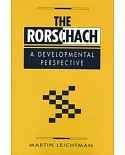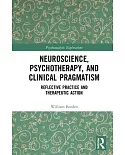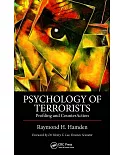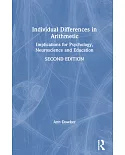The cooperative action of different regions of our brains gives us an amazing capacity to perform activities as diverse as playing the piano and hitting a tennis ball. Somehow, without
conscious effort, our eyes find the information we need to operate successfully in the world around us. The development of head-mounted eye trackers over recent years has made it possible to
record where we look during different active tasks, and so work out what information our eyes supply to the brain systems that control our limbs. We are now in a position to explore the
strategies that the eye movement system uses in the initiation and guidance of action.
Looking and Acting examines a wide range of visually guided behaviour, from sedentary tasks like reading and drawing, to dynamic activities such as driving and playing cricket. A central theme
is that the eye movement system has its own knowledge about where to find the most appropriate information for guiding action - information not usually available to conscious scrutiny. Thus
each type of action has its own specific repertoire of linked eye movements, acquired in parallel with the motor skills themselves. Starting with a brief background to eye movement studies, the
book then reviews a range of observations and analyses of different activities. It ends with discussions of the nature of visual representation, the neurophysiology of the systems involved, and
the roles of attention and learning.
Opening a field in eye movement research, this fascinating book will be of great interest to all vision scientists (psychologists, physiologists, ophthalmologists) whether at professional,
graduate, or advanced undergraduate levels. It will also be of value to musicians, artists, sports scientists, and transport engineers, and indeed anyone intrigued by the way we sample the
visual world.





















